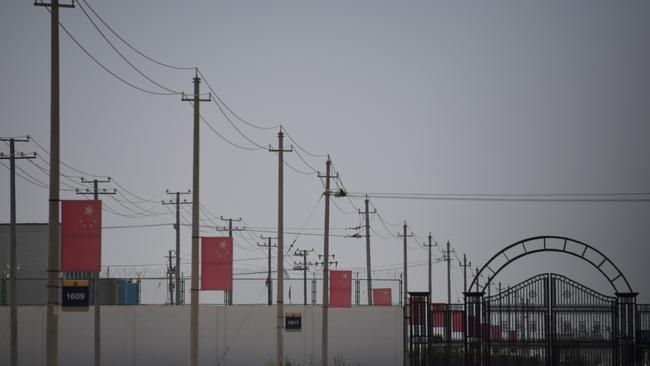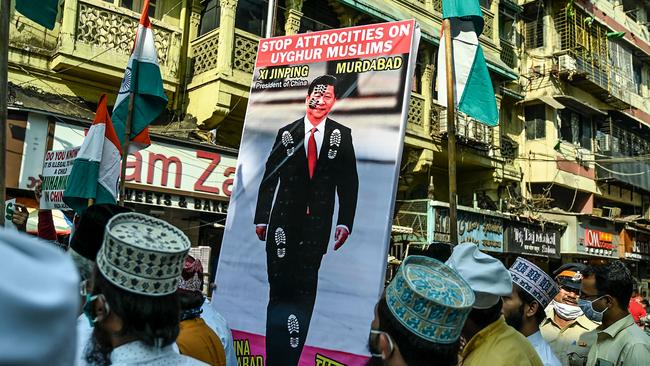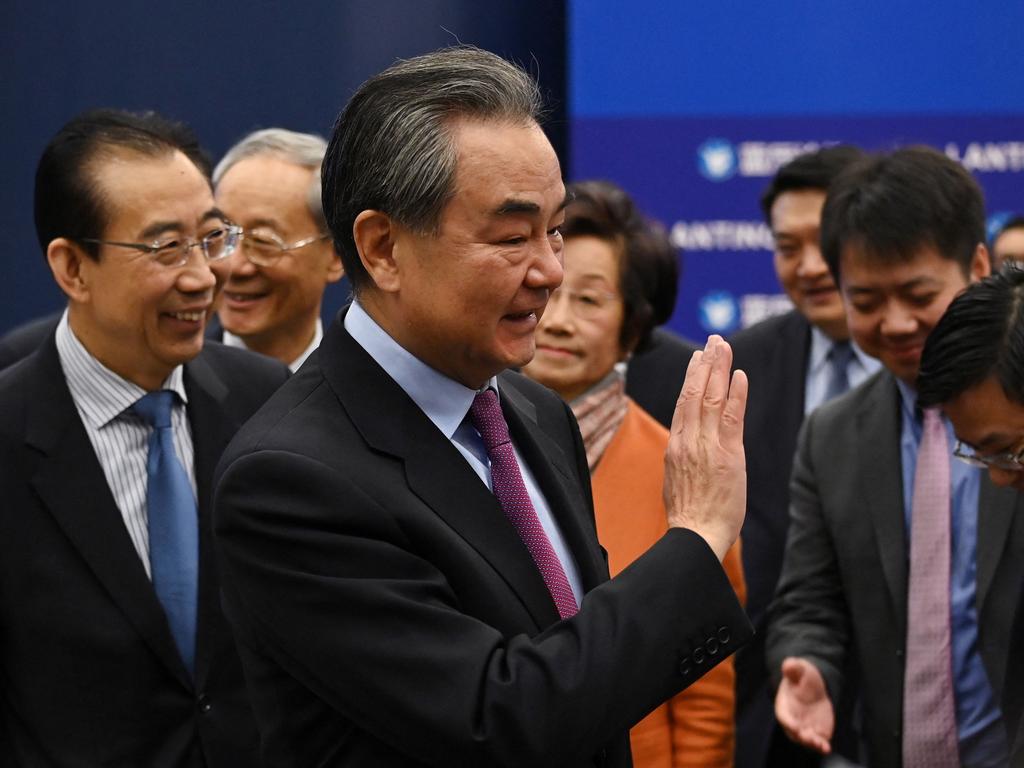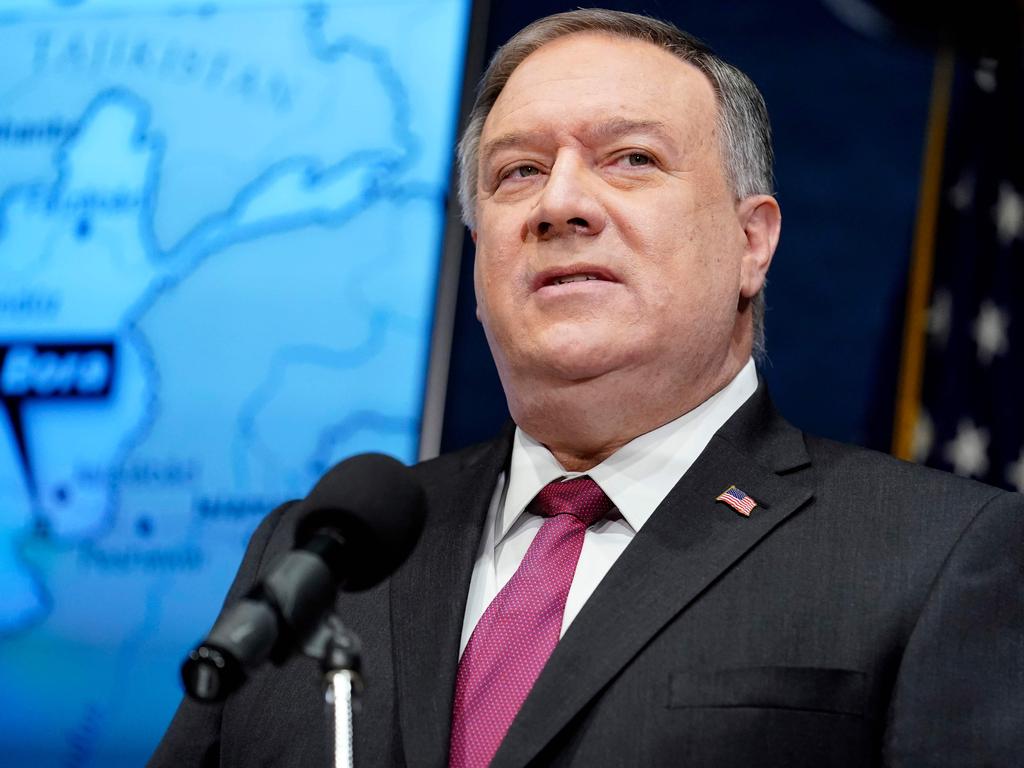Strip China of 2022 Winter Olympics Olympics over treatment of Uighurs: Canadian MPs
Worldwide alarm over China’s treatment of its Uighur minority grows, with Canada voting to strip it of 2022 Winter Olympics.

International alarm over China’s treatment of its Uighur minority is coalescing around the 2022 Winter Olympics after Canada’s parliament voted for it to be stripped of the games.
The motion, which throws down the gauntlet to the government of Justin Trudeau, the prime minister, follows mounting calls for a boycott among western allies.
Antony Blinken, the US secretary of state, refused to rule out a boycott but said that such a decision would be taken with “fellow democracies”, including Australia, New Zealand and Britain, the three other members of the “Five Eyes” Anglophone alliance.
“We’ll come to that question at the appropriate time,” he said. “The most important thing as we approach it and as we approach any other issue is that we’re doing it in close consultation with other countries and our partners.”
Dominic Raab, the British foreign secretary, said in October that “my instinct is to separate sport from diplomacy and politics, but there comes a point when it is not possible.”
Another proposal short of a boycott could bar official state representation.
Canada’s Olympic proposal passed as part of a historic motion in which its parliament overwhelmingly declared that China was committing genocide against its Uighur minority. Trudeau, 49, has previously baulked at the term, calling it “extremely loaded”.
Under international law, genocide entails the commission of defined actions including murder, deportation and birth-rate suppression intended “to destroy, in whole or in part, a national, ethnic, racial, or religious group”.
China is accused of waging a campaign of mass internment, slave labour and forced sterilisation against the Muslim Uighurs, using a system of “re-education campaigns” teaching assimilation into the dominant Han culture.

The Trump administration formally labelled China’s actions as genocide before leaving office last month, a stance immediately adopted by President Biden. The full implications of the decision are not yet clear but recognition of genocide compels a government to act to stop it under international law.
In Britain MPs are trying to amend a trade bill to prevent the government from striking trade deals with any country found by independent judges to be committing genocide.
Raab has stopped short of applying the strict legal term but on Monday he said the abuse against the Uighurs was “on an industrial scale” and demanded that UN investigators be admitted to Xinjiang, the Chinese province that is home to the Uighurs.
At a meeting of the UN human rights council on Monday, China’s foreign minister, Wang Yi, denounced the charge of genocide as “slander” and “fiction”.
Wang insisted that China was conducting a counter-terrorism campaign that had brought “social stability and sound development” after four years without any “terrorist case”.
“These basic facts show that there has never been so-called genocide, forced labour or religious oppression in Xinjiang,” Wang said. “Such inflammatory accusations are fabricated out of ignorance and prejudice – they are simply malicious and politically driven hype and couldn’t be further from the truth.”
America’s decision to call China out for genocide has put pressure on others to follow suit. Since Brexit, the Five Eyes countries have been working more closely as a diplomatic unit to pressure authoritarian regimes.
Australia, South Korea and India will also join the other G7 countries at a summit in Cornwall in June that is expected to involve the launch of the “D10” group of democracies as a bulwark against China.
The boycotting of the Olympics is less popular than it used to be. The last significant boycott was of the 1988 summer games in Seoul when North Korea, still technically at war with the South, eschewed the games and was joined by Cuba and Ethiopia in what they said was an act of solidarity.
The Soviet Union boycotted the 1984 summer games in Los Angeles along with 13 other countries, after the United States had decided against sending athletes to the Moscow Games four years earlier in the wake of the Soviet invasion of Afghanistan.
The Times







To join the conversation, please log in. Don't have an account? Register
Join the conversation, you are commenting as Logout